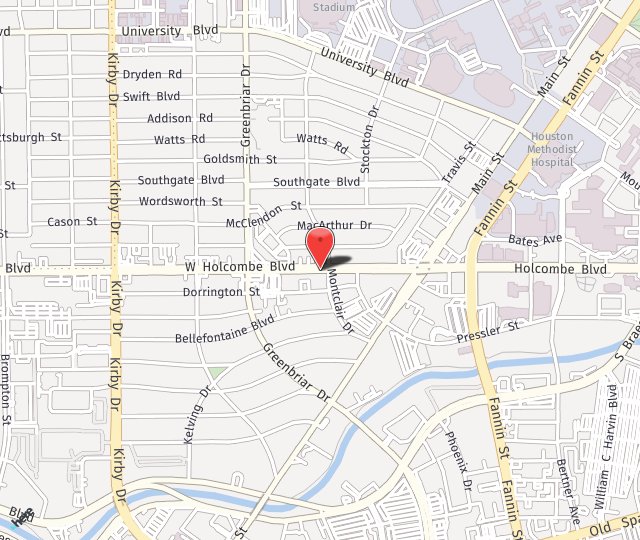
Learning the difference between snoring and sleep apnea can address issues like excessive fatigue and help you get the treatment you need to start sleeping again.
Why Do We Snore?
Snoring is caused by any mild obstruction to your air passages. These can be caused by swollen tonsils, inflamed neck tissue, excessive weight or obesity, and more. The mild obstruction impedes airflow but does not block it entirely.
Partial closing of the air passageways has a similar effect on air pressure as putting your finger over a garden hose has on the water pressure. This higher-pressure air causes the tissues in your air passageways to vibrate, leading to the typical snoring sound.
Though snoring can be bothersome to others around you, snoring by itself is not deadly. Experts estimate that nearly 45% of all people snore occasionally.
How Can We Identify Sleep Apnea?
There are many types of sleep apnea. The most common one is obstructive sleep apnea (OSA), and it can appear very similar in cause to snoring. Obstructive sleep apnea is caused by any major obstruction to your air passageways. The key difference between snoring and sleep apnea is that snoring does not completely block your airways, sleep apnea does.
Sleep apnea is not often identified by the person who has it. Typically, someone else is the one to notice disruptions to sleep during sleep.
For sufferers of sleep apnea, the disorder causes micro-wakes as the body’s oxygen is cut off and the body wakes to restore breathing. These micro-wakes are usually not noticed by the person with obstructive sleep apnea. Instead, the common effects of sleep apnea that you can look out for by yourself are:
- Never feeling rested no matter how much sleep you get
- Waking up with a dry mouth
- Difficulty concentrating throughout the day
- Waking up choking or gasping for air
Is Sleep Apnea Treatable?
Untreated sleep apnea can have disastrous effects on your health. From increasing risks of obesity, hypertension, and even stroke or cardiac arrest, sleep apnea is a disorder that needs to be addressed immediately.
Dr. Ronald Konig is dedicated to helping alleviate your symptoms and finding you the rest you need and deserve. Dr. Konig is proud to have seven appliance-based treatments available, ranging from the clinically supported continuous positive airway pressure, or CPAP, machine to the commonly prescribed Silent Nite, a more comfortable solution.
Treatment is tailored to the severity of your sleep apnea, so Dr. Koning can ensure your symptoms are targeted effectively.
If you are looking for sleep apnea treatment in the Houston, TX, area, please schedule an appointment with Dr. Koning. You can also call our office directly at 713-668-2289.

